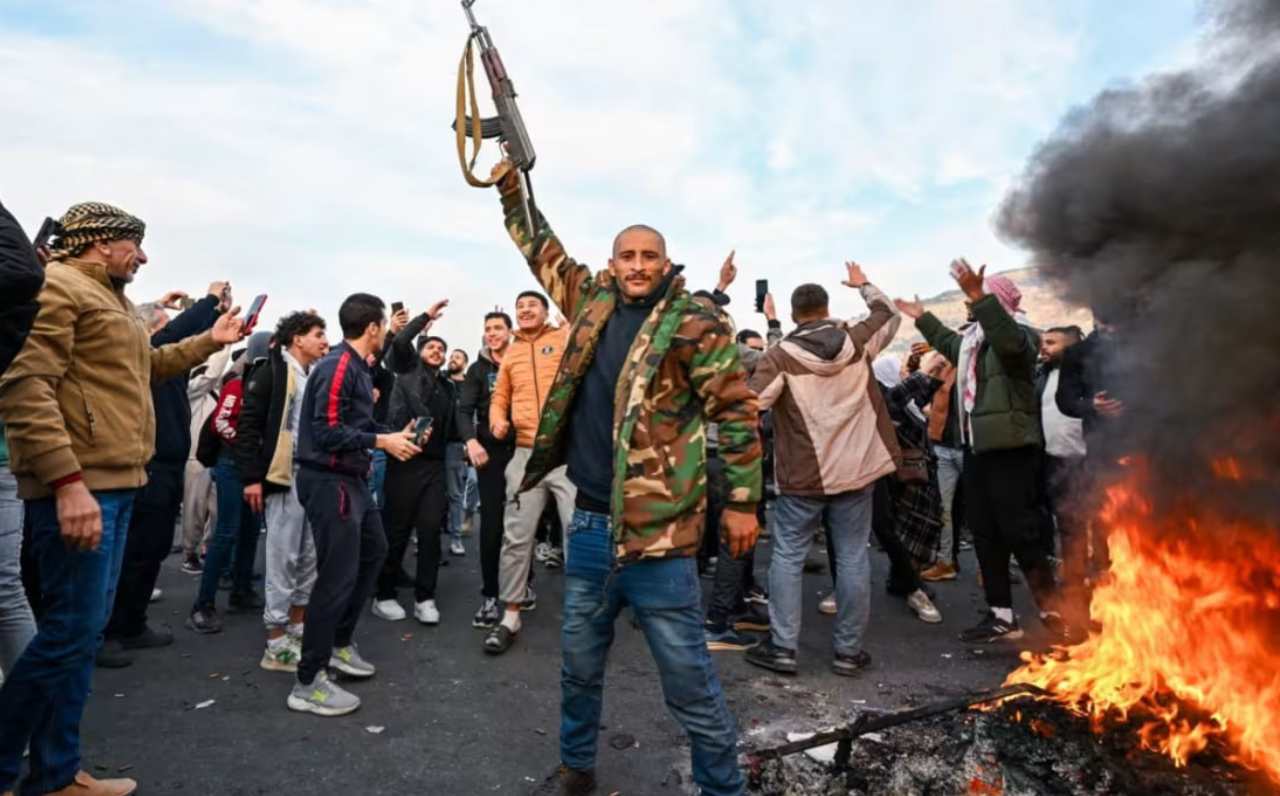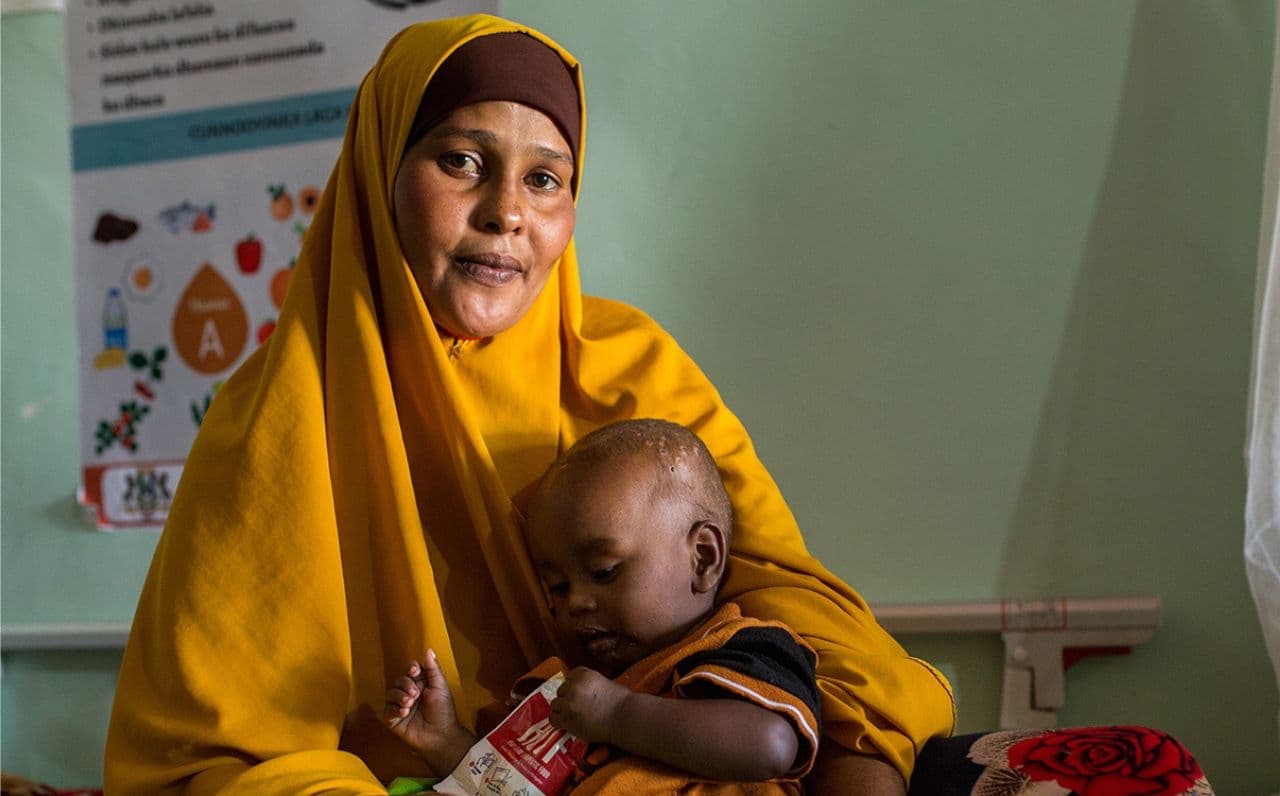Why is Iran afraid of Christianity?
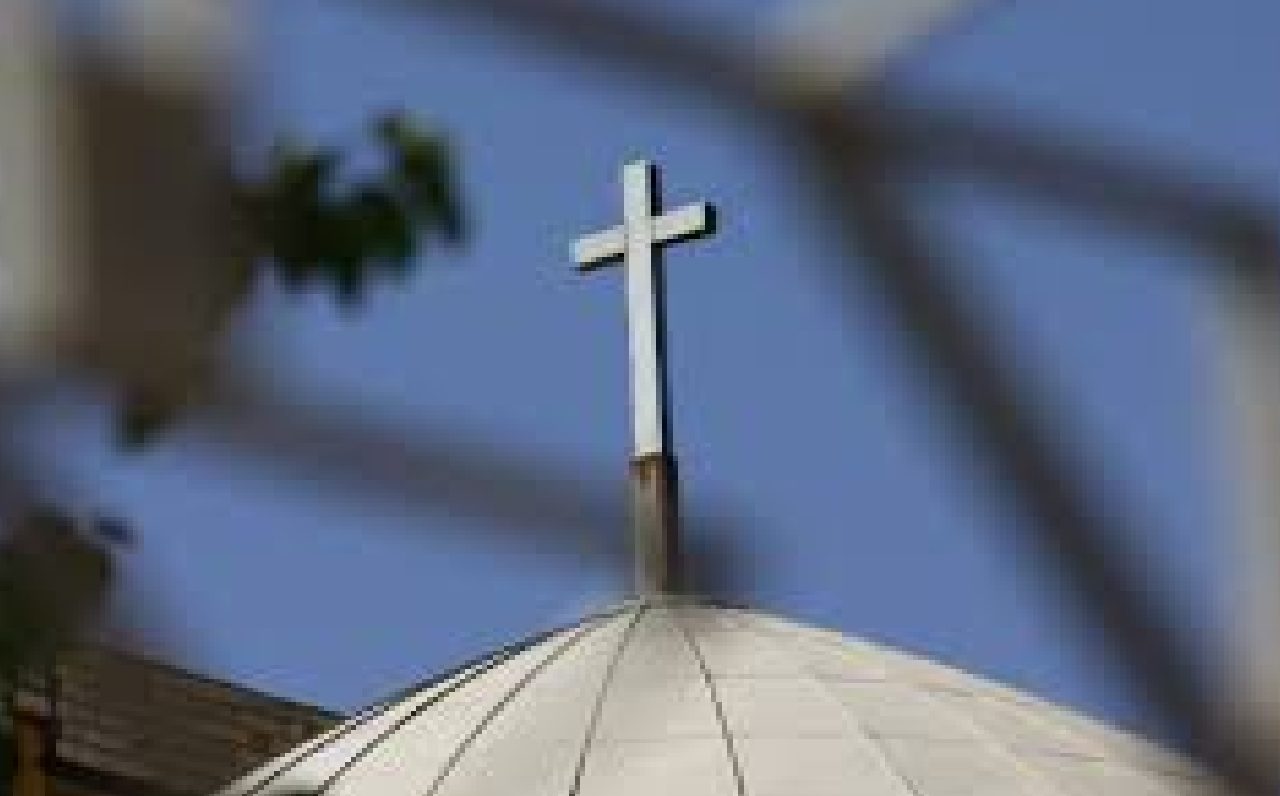
28th anniversary of the martyrdom of bishop Haik Hovsepian.
1- An overview of life, activities and martyrdom of bishop Haik Hovsepian
Haik Hovsepian Mehr was born in 1945 in Armenian families in Tehran. At the age of 17, he became the pastor of Majidiyeh Church. In 1967 he became the leader of a newly established church in Gorgan and remained in this city until the Revolution of 1979.
At the end of the Pahlavi regime and at the beginning of the revolution, the extremist Muslims of Gorgan twice threatened to burn the church, but these threats did not materialize. In 1982, following his election to oversee the churches, a long with his family moved to Tehran.
At that time, there were seven Persian-language churches of the Jama'at-e Rabbani throughout Iran. Under his leadership, five other churches were established, all of which were gradually closed down by government pressure in 1988. In 1986, the Protestant churches of Iran united and formed the Council of Protestant Churches. Bishop Haik was elected as its president.
He was one of the few church leaders to reject the proclamation of non-acceptance of ex-muslim Christians in churches. In a meeting with the Minister of Culture and Islamic Guidance in the early 1992, he did not sign a statement regarding the enjoyment of Iranian Christians fundamental rights and religious freedom.
Bishop Haik also provided a detailed report on violations of religious freedom in Iran. He also invited Professor Galindopal (UN Special Representative for Human Rights in Iran) to meet with Protestant church ministers and government officials.
Following the confirmation of the death sentence of Mehdi Dibaj by the Iranian judiciary (who had been detained and sentenced to apostasy since 1985)، Bishop Haik wrote a letter to the Council of Churches of the Congregation. The global effort led to the release of Mehdi Dibaj from prison, Subsequently, Bishop Haik was pursued by the regime's security forces. A few days later, the bloody body of Bishop Haik, who had been brutally stabbed to death, was found in the Islamabad, an area near Karaj.
Finally 11 days after his disappearance on December 20, 1993, his family received his mutilated body from the forensic morgue. His body was torn to pieces with 26 stab wounds, the killers had made deep holes in his chest and right in his heart with a sharp tool.
The funeral and burial ceremony was held on February 5, 1993 in the presence of about hundreds of people in Tehran. A note from Bishop Hospian Mehr shows that he sensed threats from his assassins. The last letter left by Bishop Hospian, written the day before his disappearance: "I am ready to sacrifice my life in the church so that others can worship our Lord in peace, without fear."
Five years later, during the coverage of the serial killings, some journalists, such as Akbar Ganji and Emad al-Din Baghi, based on the confessions of the perpetrators of the killings, stated that the assassination of Bishop Haik, along with the Dibaj and Tatevos Mikaelian, has done by Ministry of Intelligence agents.
Earlier, Abdullah Nouri, a member of the Expediency Council and former interior minister in Mohammad Khatami's cabinet, along with other journalists, such as Emad al-Din Baghi, openly revealed that the Ministry of Intelligence had brutally killed and mutilated three priests (Hovsepian, Dibaj and Mikaelian).
2. Iran's policies towards Christians, basics and reasons
Martyr Huspian was not the first and last Christian to be martyred so brutally by the executioners of the Islamic regime. In the years since the Islamic Revolution of Iran, Christian believers and their leaders have been widely targeted by the regime.
The following is a list of names of bishops who have been martyred during a series of assassinations since the beginning of the regime, just because they spread the message of God and are not in line with the principles of the Islamic system.
1-Arastoo Sayyah, February 20, 1979, Shiraz
2-Bahram Dehghani, May 6, 1980, Tehran
3-Manouchehr Afghani, 1988, Isfahan
4-Hossein Soodmand, 1990, Mashhad
5-Mehdi Dibaj, 1995, Tehran
6-Mohammad Baqer Yousefi (Rawanbakhsh), 1996
There are no exact statistics on Christian in Iranian prisons. Also, in many cases, the restrictions and harassment of Christians are not announced in the media.
"Open Doors" the Christian organization announced in its annual report in 2021 that the Islamic Republic of Iran is the eighth "anti-Christian" country in the world. Churches are often attacked, their leaders and members arrested, and sentenced to long terms prison for acting against national security.
The law of the Islamic Republic does not accept the principle of freedom of religion, and religious minorities are said to be conditionally free to perform their religious rites, not to promote them.
Article 18 of the Universal Declaration of Human Rights states that everyone has the right to freedom of thought and religion; but in fact, the laws of the Islamic Republic of Iran are based on "Twelvers Shiaa Jafari" branch that it's principles is in conflict with the Declaration of Human Rights.
In Islamic law, turning away from Islam is called "apostasy." In Islam, a person who is a Muslim and has apostatized is sentenced to death. A person who is not born a Muslim but has converted to Islam and apostatizes again will not be sentenced to death if he/she repents.
Here it becomes clear to us how violent the Islamic Republic will be with those ex-muslim who have converted from Islam to Christianity.
They see Christianity as an example of "cultural aggression," and apart from seeing Christianity as a threat to Islam, they see it as a political and cultural threat to national security.
For this reason, the Iranian regime portrays Christian prisoners in international and human rights forums and in the domestic media as those who seek to overthrow the regime and disrupt national security.
Iran has been one of the "countries of special concern" under the International Religious Freedom Act of 1998 since 1999 for its grave violations of religious freedoms.
US Secretary of State Anthony Blinken has stressed that the Government of the Islamic Republic of Iran continues to intimidate, harass and detain members of Christians, according to the latest Religious Freedom Status Report, and it Continues.
Source and Credit: Open Door, Harana News, FCNN, DW, VOA
Avc news

2022 Jan 21
Middle east

2024 Dec 10
Africa

2024 May 10
Threats against Christians in Australia increase
International, Americas

2024 Apr 16
Increasing Arrests and Faceless Victims Revealed in Latest Findings.
Middle east

2024 Feb 23
SimilarNews
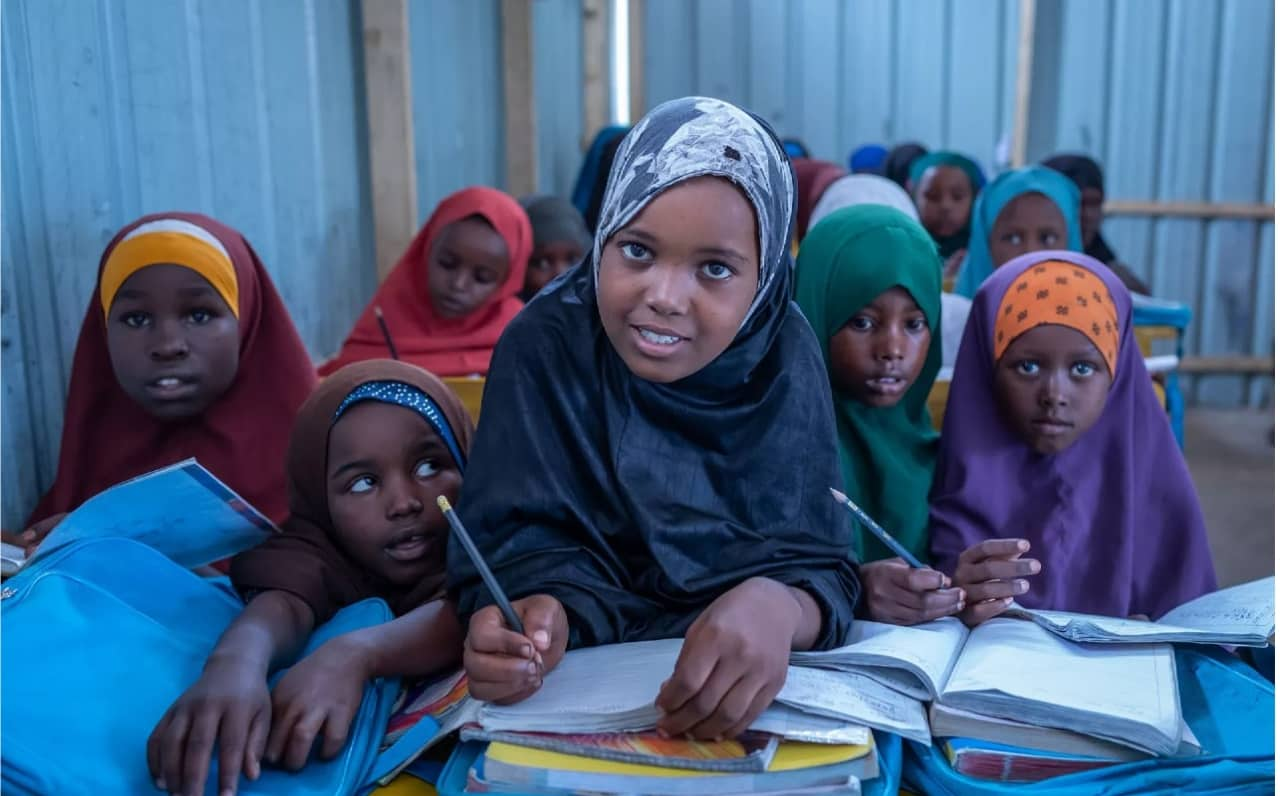 Education Crisis Grips Eastern and Southern Africa
Education Crisis Grips Eastern and Southern Africa Urgent Call for Action in 2024 AU Summit.
Avc news

2024 Jan 25
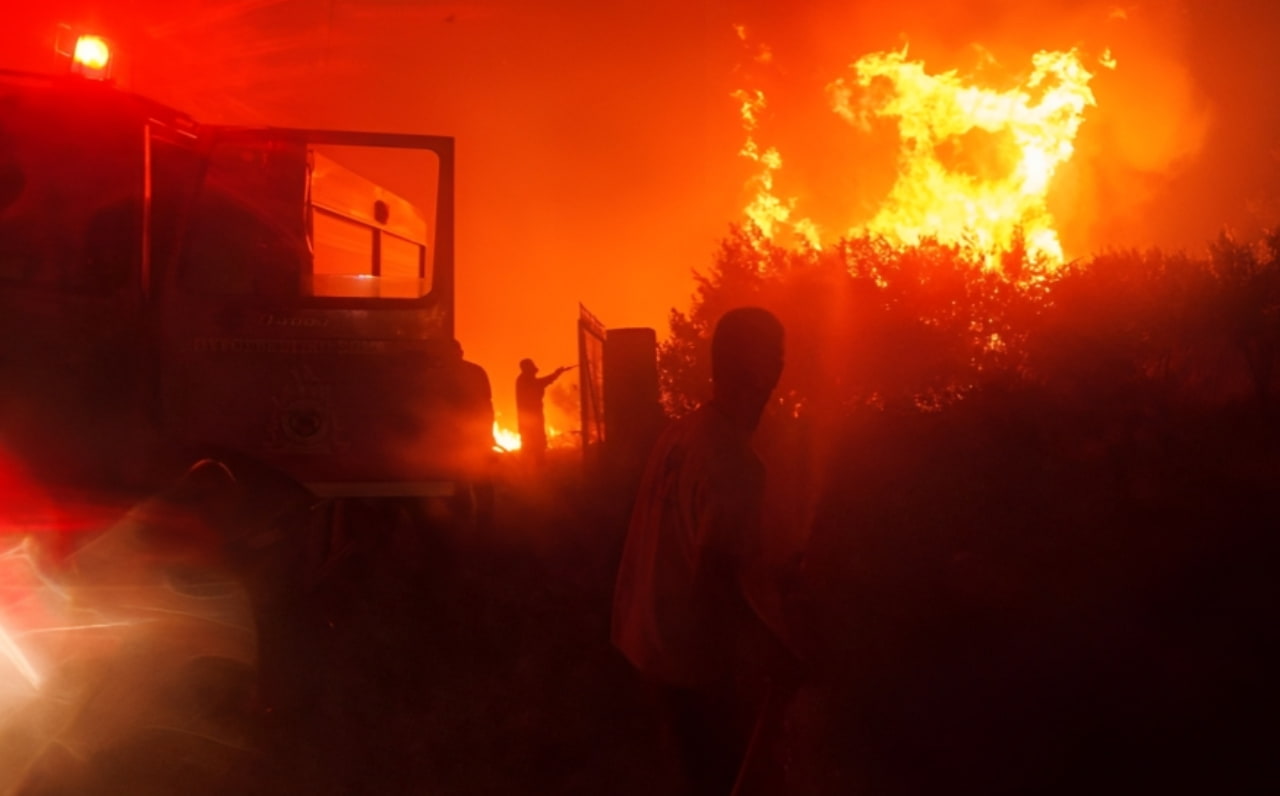 Immigrants: The silent victims of the fire in Greece
Immigrants: The silent victims of the fire in Greece The number of victims reached 20.
Avc news

2023 Aug 25
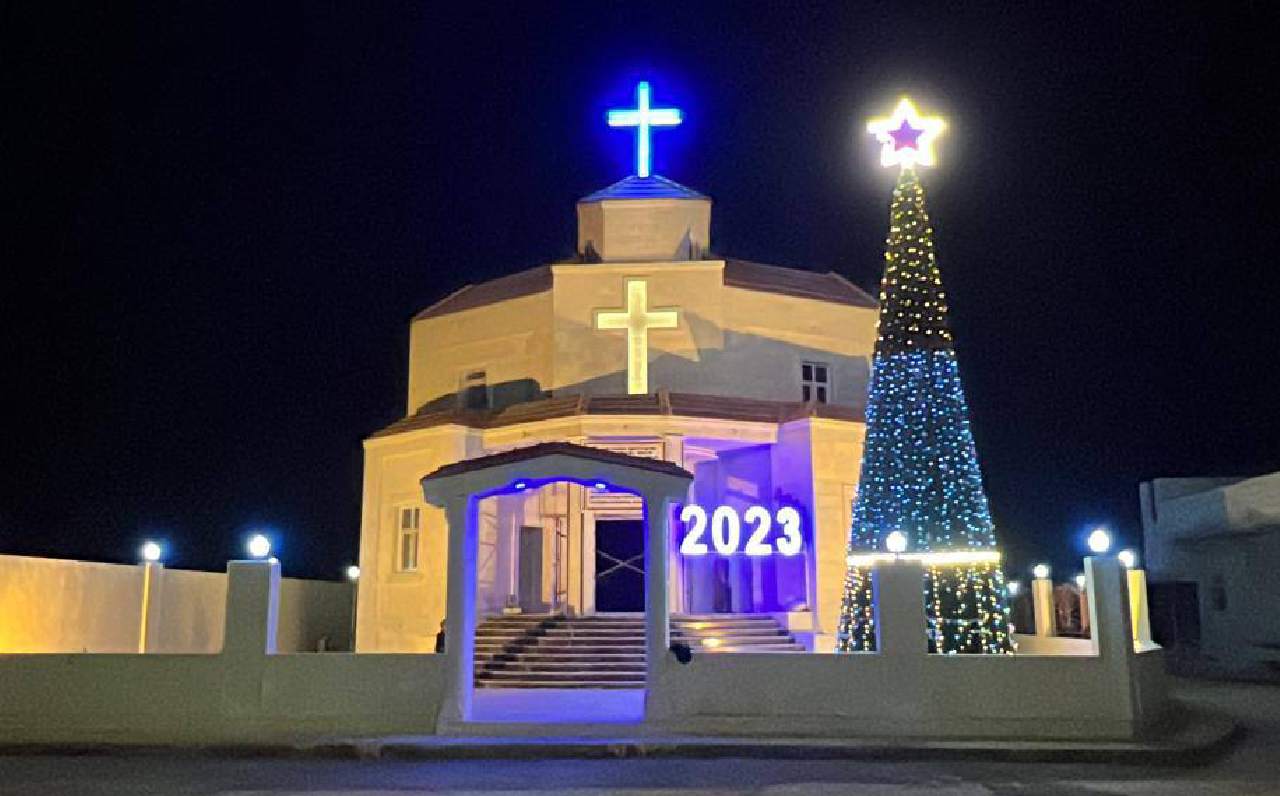 Syria: A church was built after a hundred years.
Syria: A church was built after a hundred years. Kobani Church opens on the birthday of our Lord.
Avc news

2022 Dec 24
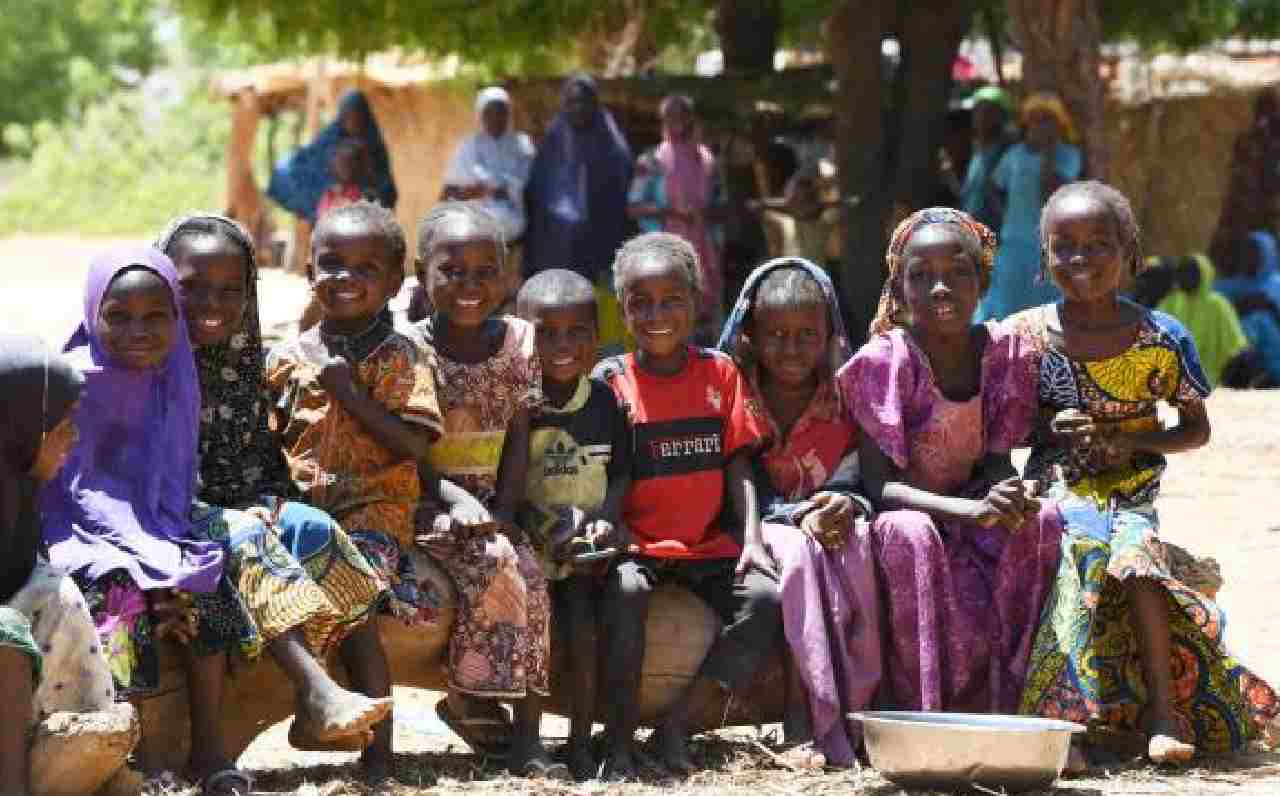 The situation of children in the world
The situation of children in the world Take a look at the problems that exist for children around the world and the solution to this problem.
Avc news

2022 Jan 01
As winter approaches, the Afghan people need help even more.
Avc news

2021 Dec 07
Drought, war, famine and scarcity, Ethiopians are in dire need of help.
Avc news

2021 Dec 02
(UNICEF) says more than 460 children have died in Afghanistan in the first six months of this year as violence escalates.
Avc news

2021 Nov 09
